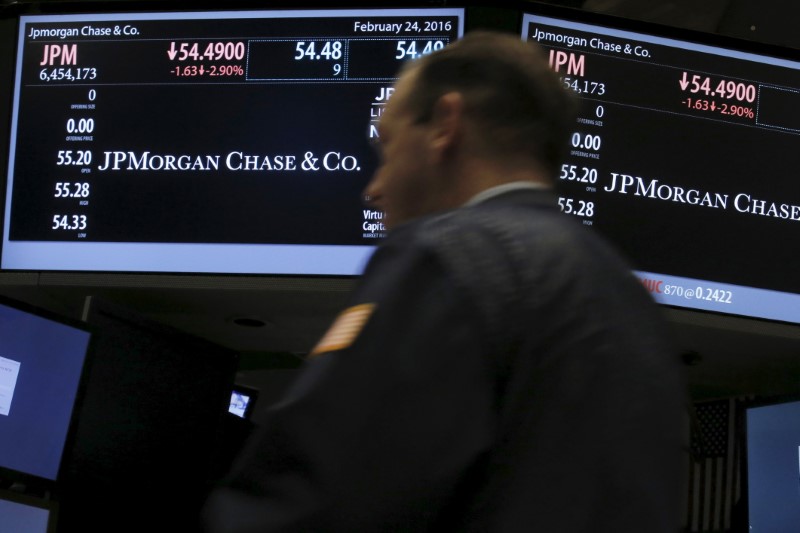JPMorgan Chase & Co. (NYSE:JPM) reported a net income of $13.2 billion, EPS of $4.33, and revenue of $40.7 billion for the third quarter of 2023, during its earnings call. Despite the robust financial results, CFO Jeremy Barnum expressed concerns about the Basel III endgame proposal and its potential impact on capital requirements. The firm's CET1 ratio stood at 14.3%.
Key takeaways from the call include:
- JPMorgan's business segments showed varied performance, with Commercial Bank reporting a 20% year-on-year increase in revenue.
- The company expects net interest income (NII) to be approximately $88.5 billion and NII ex-Markets to be around $89 billion for 2023.
- The firm anticipates the Card net charge-off rate to be approximately 2.5% in 2023.
- JPMorgan continues to focus on its clients and customers amid market uncertainties.
- The company is exploring optimization strategies and considering the potential impact of regulatory changes.
During the call, Barnum emphasized the importance of managing expectations regarding optimization once new rules are finalized. He also mentioned the possibility of exiting certain businesses. The CFO highlighted the profitability of the consumer franchise, citing factors such as deposit margin and a holistic value proposition. He also addressed the dynamics of noninterest-bearing and interest-bearing deposits, stating that the migration dynamics are not significantly different at present.
CEO Jamie Dimon expressed caution despite the positive economic outlook, highlighting the impact of fiscal and monetary stimulus on markets and the need to prepare for potential uncertainties. He emphasized the importance of serving clients with better products and services, regardless of market conditions.
Barnum also discussed the growth of digital banking customers and the ongoing investment in technology to remain competitive. He mentioned the use of AI for risk, fraud, marketing, and data analytics. When asked about cost control, Barnum stated that they focus on structural expenses and aim to align them with sustainable returns, rather than making cosmetic adjustments based on short-term revenue fluctuations.
The executives also discussed the potential for consolidation and increased market volatility due to regulatory constraints. They highlighted the challenges of operating in the market-making sector and the disincentives for smaller players to stay in the market. They also noted that European market makers have a competitive advantage due to lower capital requirements.
In terms of cost control and revenue fluctuations, Barnum emphasized that the company does not believe in generating cosmetically lower costs in response to lower revenue, as they focus on long-term sustainable returns. He noted that the current net income from First Republic is not sustainable and will normalize, influenced by unique factors such as overearning on deposits and accelerated pull-to-par on commitments. However, they expressed satisfaction with the progress of deepening relationships and integration at First Republic.
This article was generated with the support of AI and reviewed by an editor. For more information see our T&C.
